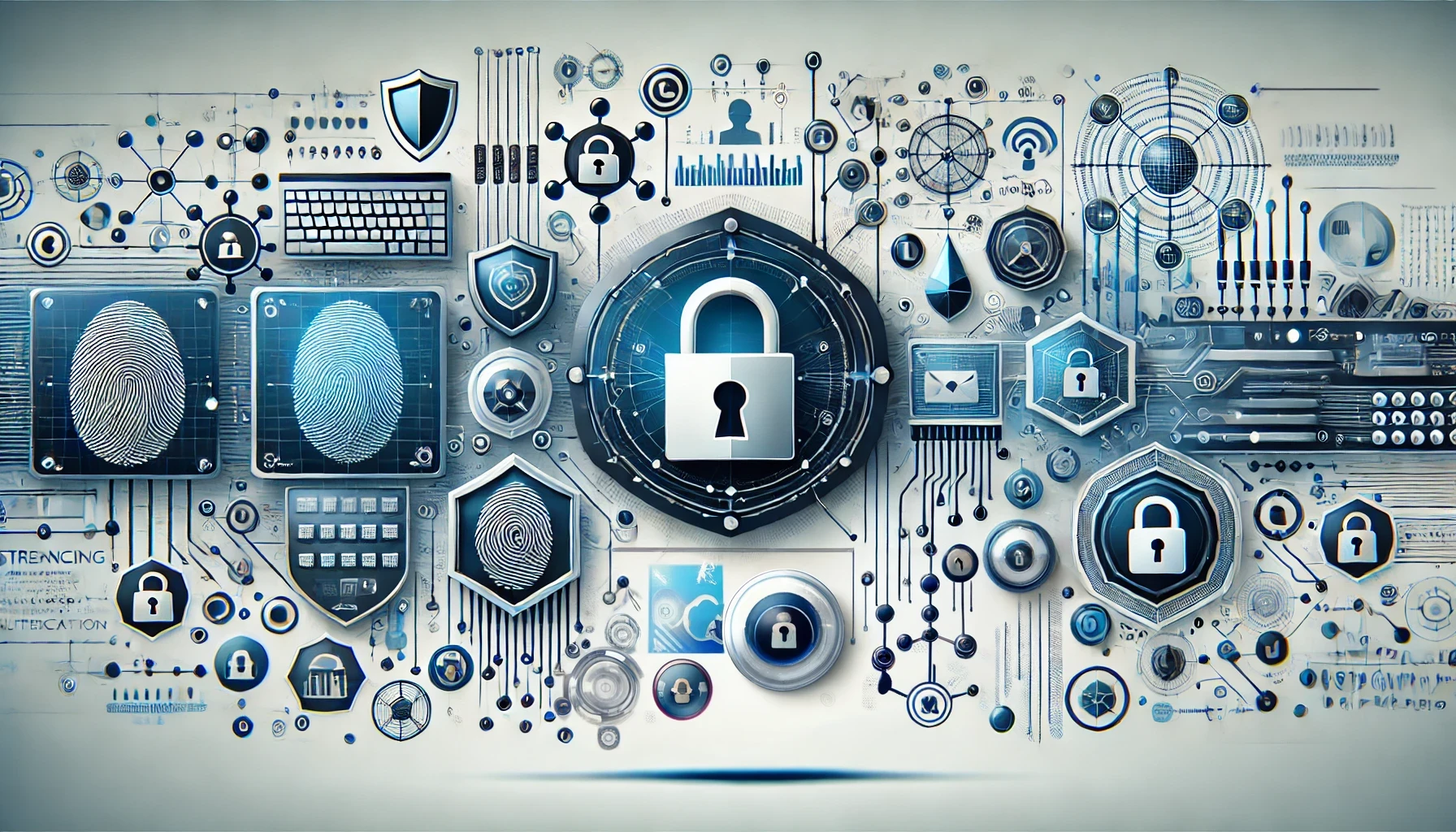Strengthening User Authentication and Access Control in Social Services

Social services, particularly those managing sensitive information like financial aid and welfare grants, require robust user authentication and access control to secure user data and ensure privacy. Implementing these security measures helps protect sensitive information, including status checks, payment dates, appeal details, and banking information, from unauthorized access. Here, we’ll cover three key strategies for strengthening user authentication and access control, ensuring that only authorized users can access critical data.
1. Multi-Factor Authentication (MFA) for Enhanced Security
Multi-factor authentication (MFA) is one of the most effective methods to enhance security, requiring users to provide multiple forms of verification before accessing sensitive data. For instance, an applicant for an SRD R370 status check may be prompted to enter a password and then verify through a code sent via SMS. This added layer significantly reduces the risk of unauthorized access to information such as appeal status or payment details for upcoming payment dates (e.g., 2024-2025).
Advantages of MFA in Social Services:
- Reduces the likelihood of unauthorized access by adding layers of verification.
- Protects sensitive information.
- Helps build user trust, as users feel more secure about their data privacy.
2. Role-Based Access Control (RBAC) for Data Segmentation
Role-based access control (RBAC) restricts access based on the user’s role within the organization, ensuring that users can only access information pertinent to their responsibilities. For instance, while beneficiaries may have access to their payment schedules or SRD R370 payday status, support staff might only view general information without the ability to access sensitive appeal details or personal banking information. RBAC improves security by minimizing unnecessary access and ensuring data segmentation.
Benefits of RBAC in Social Services:
- Reduces data exposure risk by limiting access to authorized personnel only.
- Protects sensitive data, such as SRD R370 appeal statuses and payment dates, by controlling access.
- Provides a clear framework for monitoring user actions, making it easier to detect suspicious behavior.
3. Single Sign-On (SSO) for User Convenience and Centralized Security
Single Sign-On (SSO) enables users to access multiple services with one set of login credentials, streamlining the user experience while maintaining security. For social services managing various information points, including SRD R370 status checks, appeal statuses, and payday information, SSO reduces login fatigue and encourages the use of stronger, more unique passwords. With SSO, users only need to remember one secure password, lowering the chance of password compromise and helping maintain centralized control over access.
SSO Benefits for Social Services Systems:
- Simplifies user access, especially when checking multiple pieces of information like payment dates for 2024-2025.
- Reduces password fatigue and promotes the use of stronger passwords.
- Enhances security through centralized management, making it easier to detect and address access anomalies.
Ensuring Secure Status with Trusted Platforms
For beneficiaries who rely on digital services to access their social grant information, using secure and trusted platforms is crucial. Websites like statuschecksrd.co.za provide a reliable way for users to verify 370 status, payment dates, and appeal updates. By prioritizing user authentication and access control, trusted platforms protect sensitive information, ensuring that users feel secure when checking essential details online. Regular security updates and secure login protocols further enhance the safety of user data, reinforcing the importance of choosing secure sites for any status check needs.